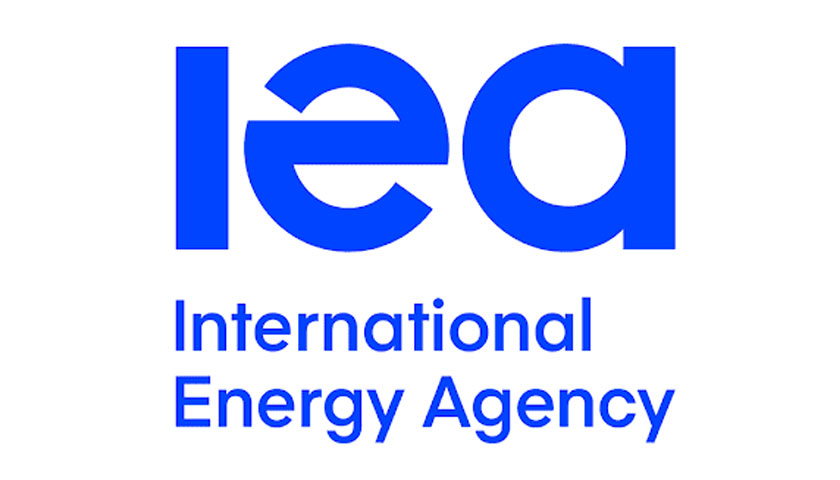The European Commission has released its long-awaited assessment of the final updated National Energy and Climate Plans (NECPs) submitted by 24 Member States. While the final plans reflect progress compared to earlier drafts, they still fall short of being the full set of investment and implementation tools needed to meet Europe’s 2030 climate goals. “Despite some general improvement, the final NECPs still fall short as credible investment plans that can accelerate the deployment of clean energy technologies,” said Alejandra Muñoz Castañer, Senior Government Affairs Manager for Europe at CATF. “Member States must…
Read MoreTag: Clean Air Task Force
European Commission issues landmark Decision assigning CO₂ storage obligations to oil and gas producers under NZIA
The European Commission yesterday published a long-awaited Decision that operationalises Article 23 of the Net-Zero Industry Act (NZIA), assigning individual CO₂ storage obligations to 44 oil and gas producers across the European Union (EU). These obligations are individual shares of the Commission’s target for developing 50 million tonnes of operational CO2 storage capacity by 2030. This marks a critical enforcement milestone in the EU’s effort to build out industrial carbon management infrastructure and ensure that fossil fuel producers contribute to long-term decarbonisation. “This is the moment we’ve been waiting for,…
Read More2025 IEA Methane Tracker shows methane emissions still too high as public support for action grows
The International Energy Agency released its 2025 Methane Tracker report analyzing global methane emissions from the energy sector in 2024. The findings make it clear that methane emissions remain stubbornly high – despite readily available means to act and growing public support to do so. “The IEA’s latest data underscores how far we still have to go to rein in methane pollution from the energy sector,” said Jonathan Banks, Global Director, Methane Pollution Prevention at Clean Air Task Force. “The good news is that we know how to solve this problem. The…
Read MoreClean Air Task Force welcomes the UK as co-chair of the Climate and Clean Air Coalition
Clean Air Task Force (CATF) welcomes the announcement that the UK will serve as co-chair of the Climate and Clean Air Coalition (CCAC). This appointment signals the UK’s commitment to tackling short-lived climate pollutants (SLCPs) such as methane, black carbon, and hydrofluorocarbons. CATF stands ready to support CCAC’s efforts to advance bold, science-driven action that addresses these critical pollutants and delivers tangible benefits for the climate, health, and food security. Jonathan Banks, Global Director of the Methane Pollution Prevention program at Clean Air Task Force and member of the CCAC’s…
Read MoreNew paper highlights urgent need to address “Zombie Energy Systems” in Africa’s energy transition
A new paper published in Environmental Research: Energy identifies “Zombie Energy Systems” (ZES) as a critical barrier to Africa’s energy transition. ZES are outdated, inefficient, and environmentally harmful energy systems, including aging coal and natural gas power plants, obsolete hydro-electric dams, and poorly maintained transmission grids, as well as second-hand appliances and vehicles. These systems persist despite their detrimental impact on progress, draining resources and stalling economic and climate goals. “Zombie Energy Systems are a hidden bottleneck on Africa’s energy progress, wasting financial and energy resources, contributing to energy poverty,…
Read More
